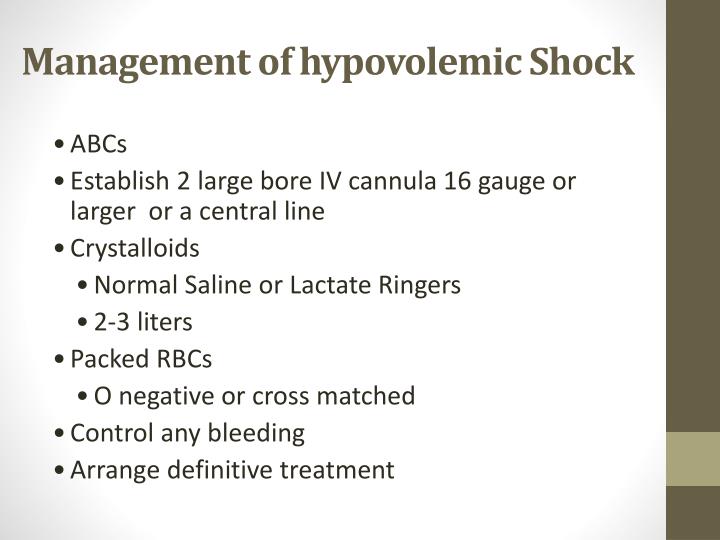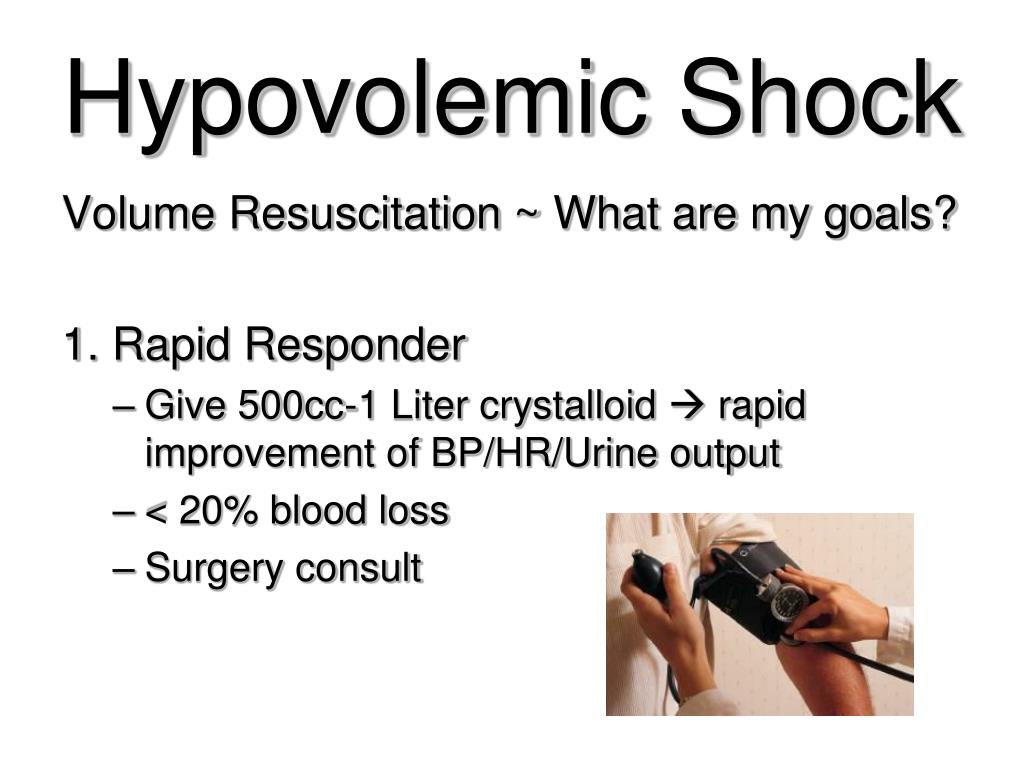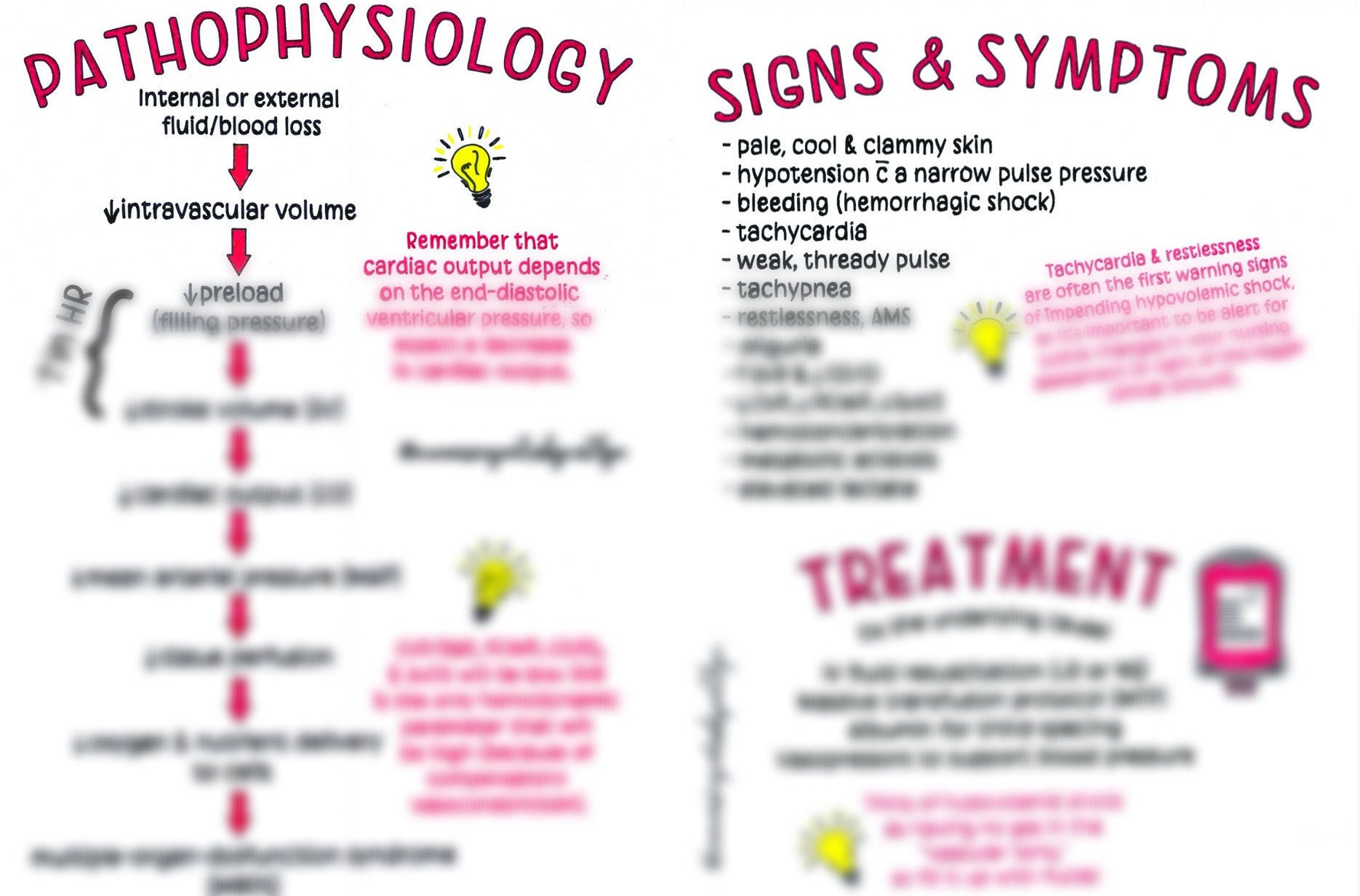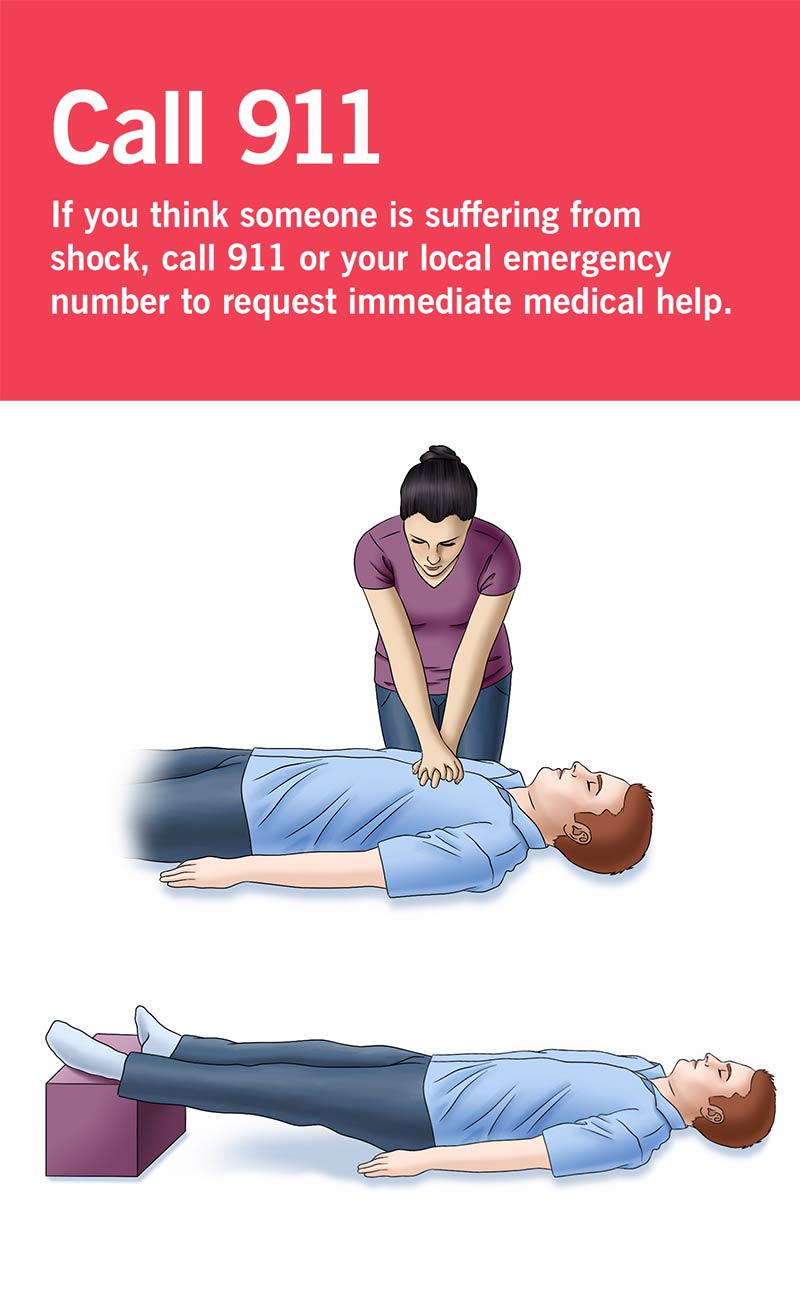Impressive Tips About How To Treat Hypovolemic Shock

Stop the bleeding as rapidly as possible.
How to treat hypovolemic shock. Aggressive iv fluid resuscitation with 2 to 4 l of isotonic crystalloids. Replace lost blood and other fluids what else helps hypovolemic shock is to replace lost blood and other fluids. On the basis of information presently available, the specific causes of shock have been classified into 6 groups:
Hypovolemic shock, caused by severe loss of blood or body fluids, can be deadly if not treated promptly. How is hypovolemic shock treated? Basics products and services by mayo clinic staff shock is a critical condition brought on by the sudden drop in blood flow through the body.
Coconut water can be used to replace fluids in the body, as it is high in potassium, an electrolyte. The first step in management is to rule out other forms of shock, which will dictate treatment. Appropriate medical or interventional strategies to treat the underlying etiology.
Emergency care complications diagnosis treatment in older adults outlook hypovolemic shock is a medical emergency that happens when your body loses too much blood or fluid. Hypovolemic shock see also what is hypovolemic shock? Hypovolemia secondary to dehydration sufficiently severe to cause hypovolemic shock disproportionately affects the elderly.
Once you’re in an ambulance or at the hospital, your provider will give you fluids (like saline) first and then blood through an iv. In the handling of a patient with shock it is essential to identify the underlying cause in order to plan rational treatment. Greater than 4 chronic medical conditions.
4 min read what is hypovolemic shock? Shock first aid treatment involves giving first aid to someone who has suffered from shock. The prehospital care team should work to prevent further injury, transport the patient to the.
Blood will be required rapidly if the patient is exsanguinating. Treatment of severe hypovolemia and hypovolemic shock are discussed here. Symptoms include a rapid heart rate and breathing.
Because your organs need these fluids to function, their depletion can cause organs to malfunction and fail. Acute hypovolemic states could quickly lead to shock and will require urgent fluid resuscitation and vasopressor support. This drops your blood volume, the.
Shock may result from trauma, heatstroke, blood loss or an allergic reaction. Symptoms include dizziness, rapid heartbeat, clammy skin, confusion, and fainting. Hypovolemic shock is a dangerous condition that happens when you suddenly lose a lot of blood or fluids from your body.
They will also give you medicines to help bring your blood pressure back up to normal. Prbc transfusion if ongoing bleed. Summary hypovolemic shock happens when a drop in blood volume — usually due to bleeding — leads to severe complications, including organ failure.


















